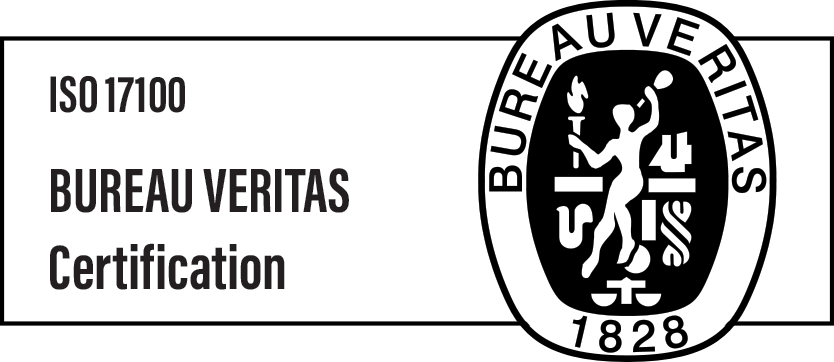What you need to know when ordering a quality Polish translation
After Poland joined the EU in 2004, many Poles left Poland in search of new adventures. With millions of Poles living abroad, the need for Polish translations is at an all-time high. Many Poles have also returned to Poland. They’ve opened businesses and help foreign companies get a piece of the growing Polish economy, which is now the 6th biggest in the EU. If you yourself are looking to expand into Poland, a good quality Polish text is key. That’s why we’ve put together a few points that we feel every translation buyer needs to know when ordering Polish translations.
Uniqueness
Polish is a very rich language, with lots of words that simply don’t exist in English. There are often many ways to express a single English word. This is why context is key to make sure you express yourself exactly as you’d like.
Keep Polish culture in mind
Just like any nation, the Poles have their fair share of cultural quirks. That’s why adapting your texts for the Polish market is so important, so that you look like you’re a local. Poles are more likely to trust a local name, so make sure that you don’t use too many English loan words in your texts. And don’t hard sell, you won’t be very popular ?
Watch out for Grammar
Polish is one of the hardest languages in the world to learn. Even native speakers have problems with grammar! Poles take grammar very seriously and there are even websites dedicated to complaining about grammar. That’s why it’s so essential you use a qualified translator and someone with a linguistic background. A poorly translated text will be frowned upon. We even have our own QA department run by qualified translators with degrees in Polish and years of experience who proofread every one of our texts, to make sure that no grammar errors slip in.
Formality
Formality is a very big thing in Poland. There are two ways to say “you” (ty & wy), so you have to make sure that you use the right one. Older people could get very offended if you call them “ty”, and young people would find it funny to be called “wy”. Just like if you were to call a teenager “Sir” and an older person “young man”. Also, if you’re trying to be cool and speak to everyone informally, you might be reducing your potential target audience as older people won’t take to it.
If you’re looking to expand into Poland or are looking for someone to help you with quality Polish translations, get in touch and we’ll be happy to help.
Suggested read:


